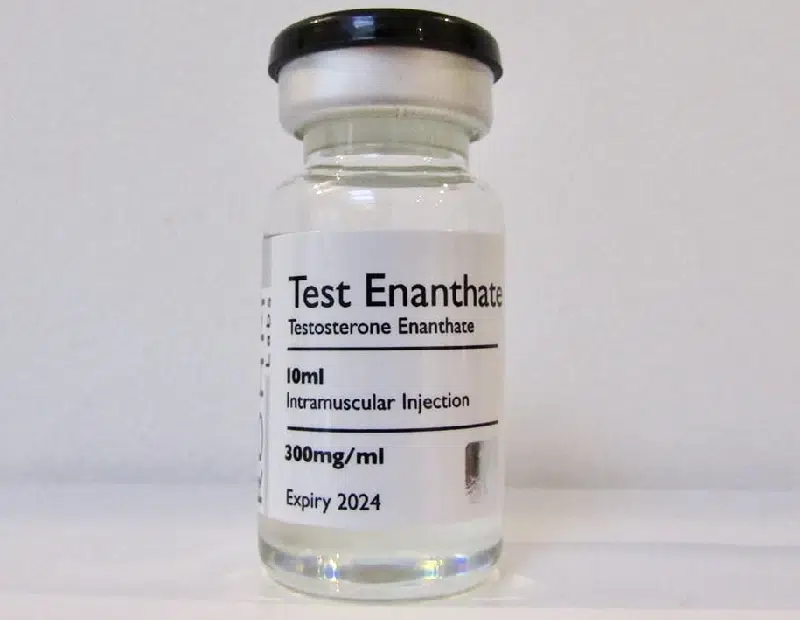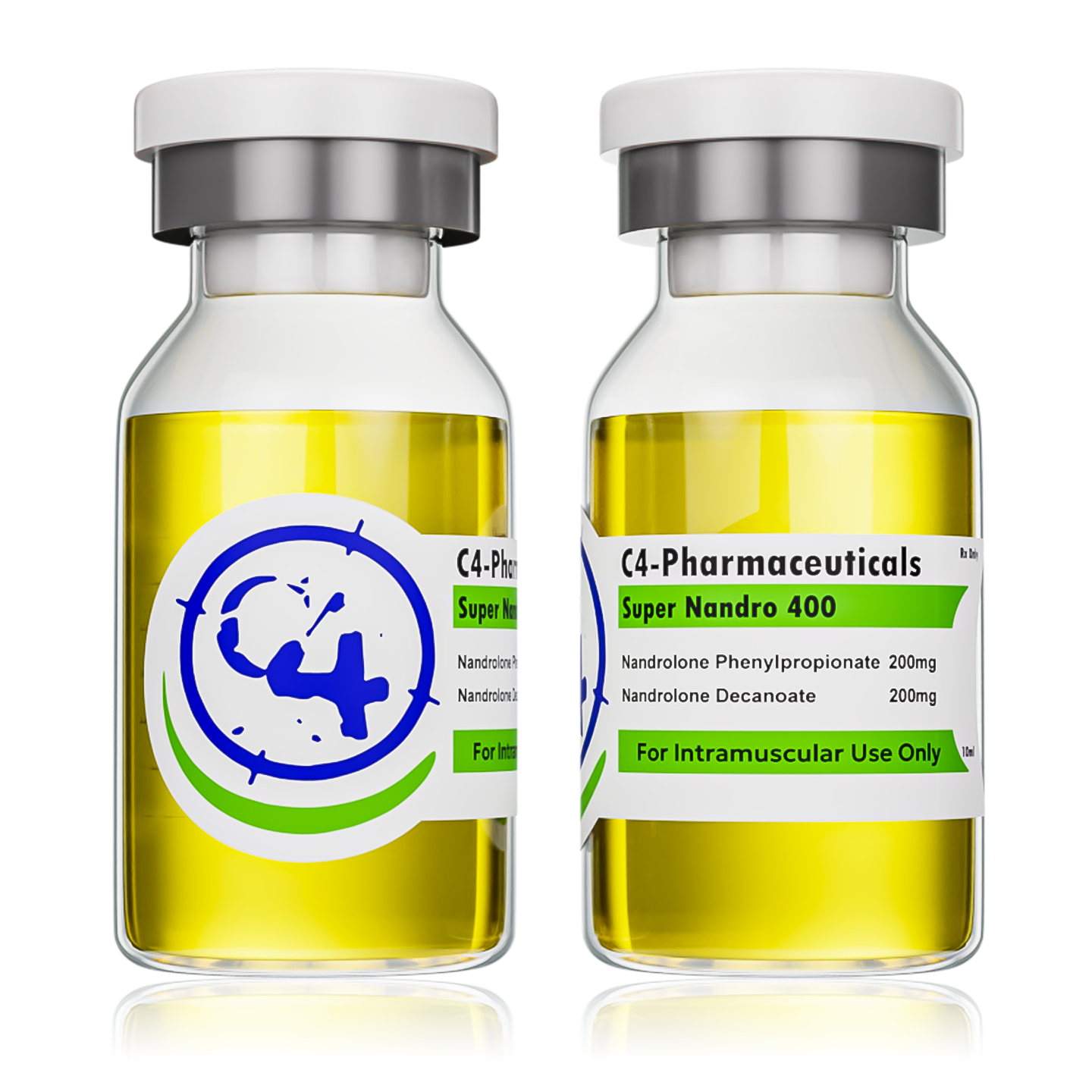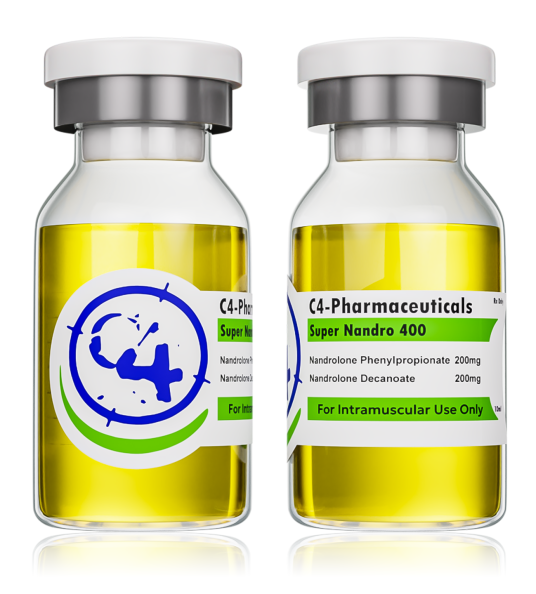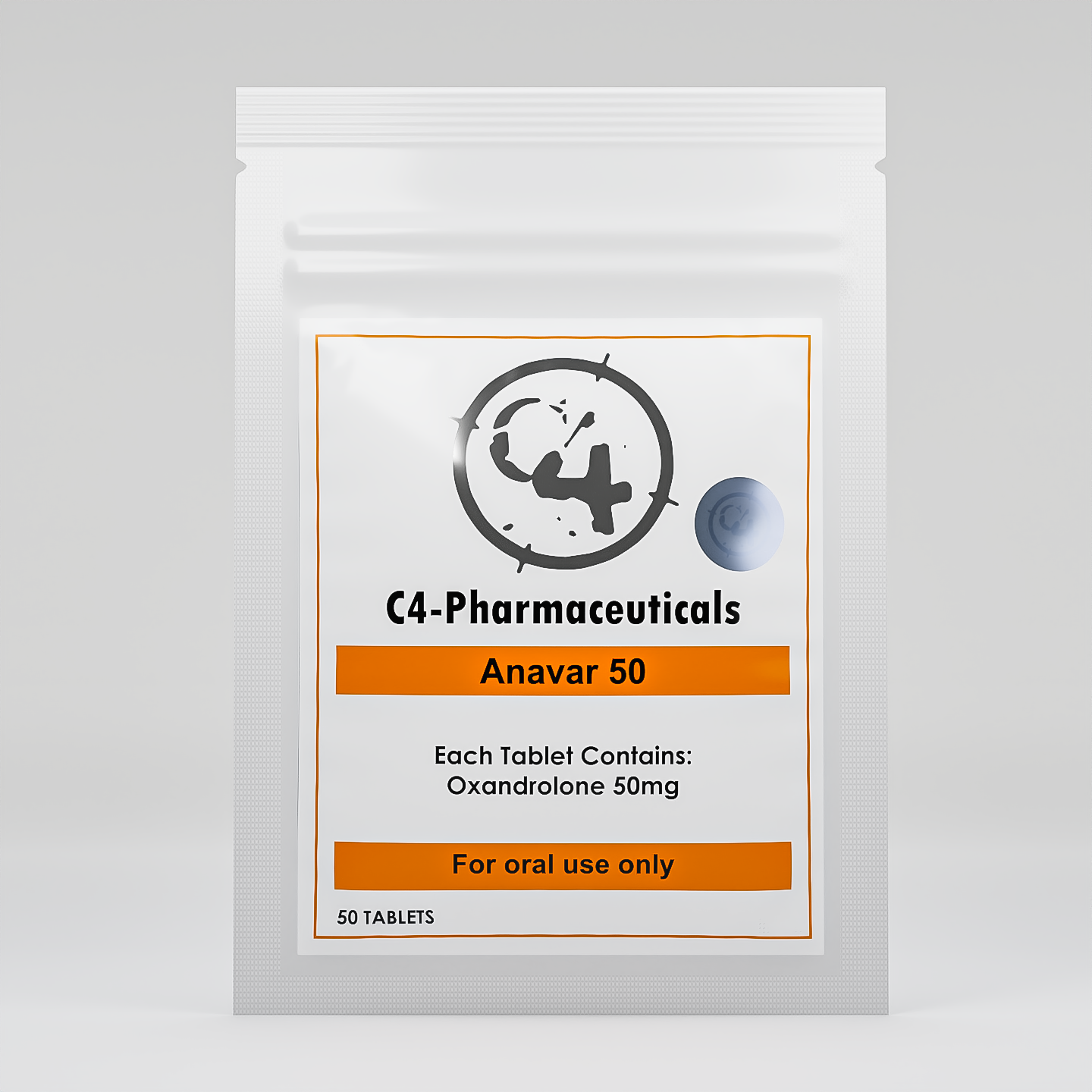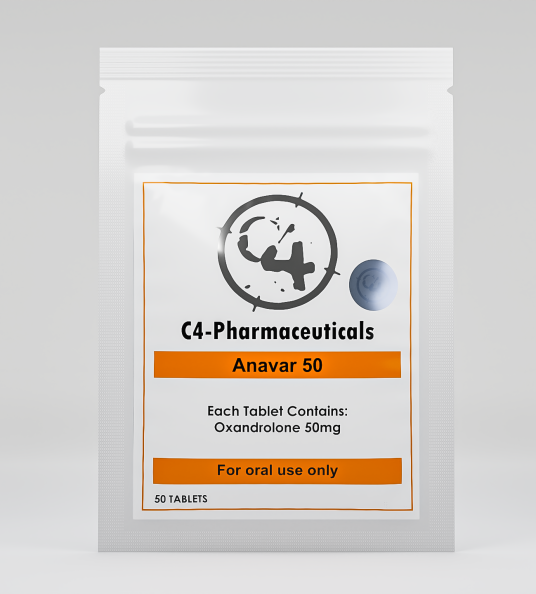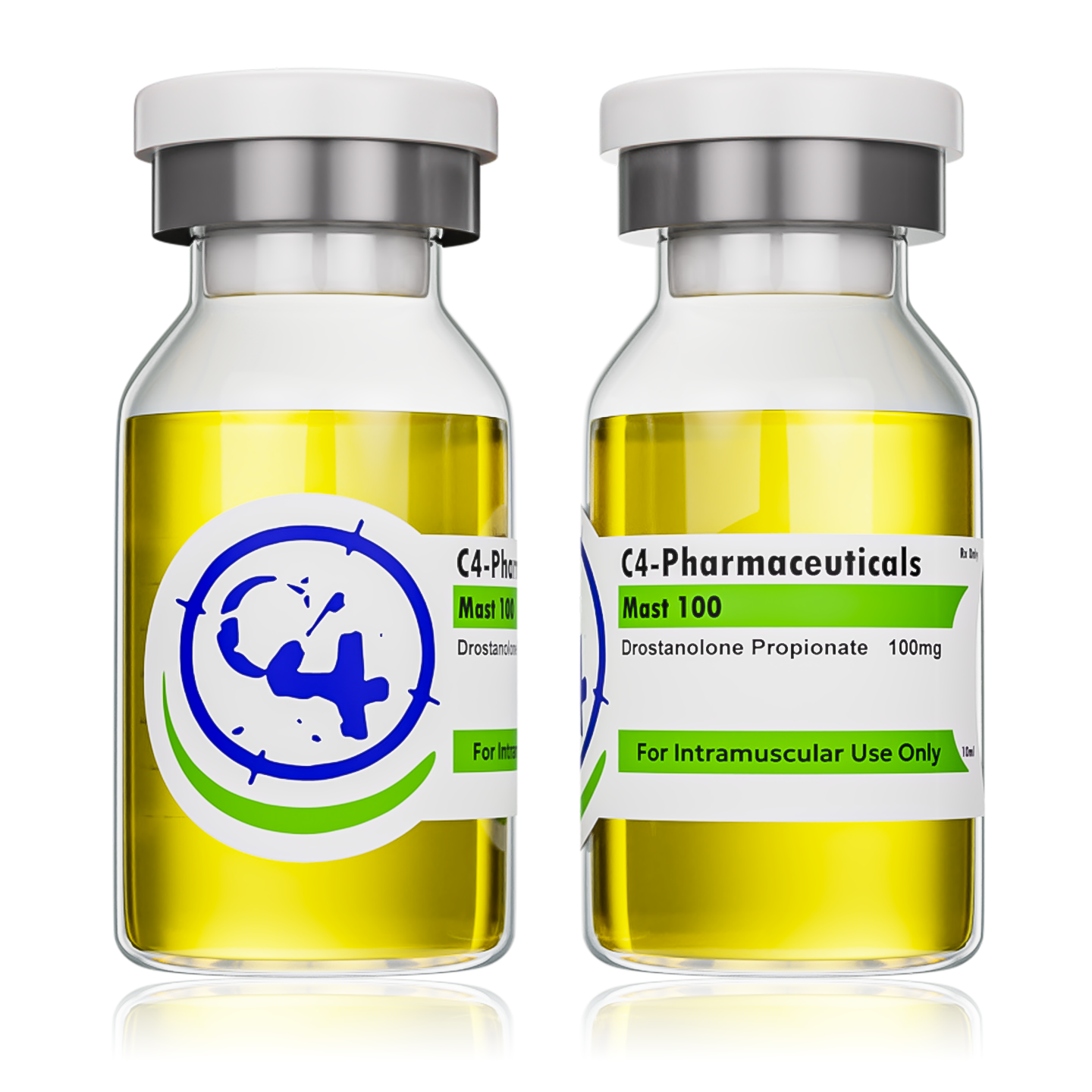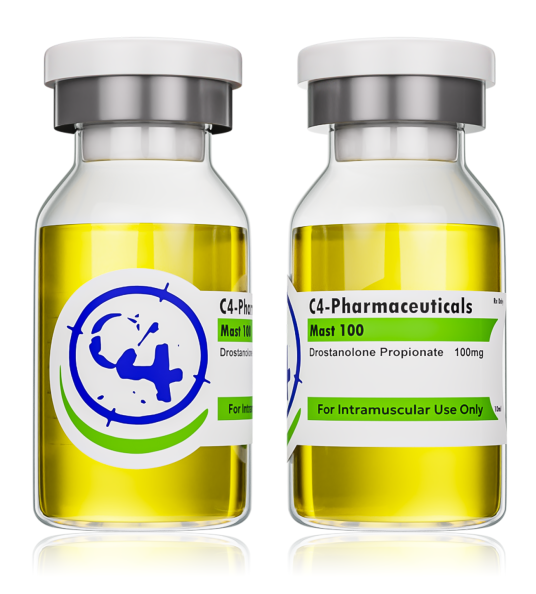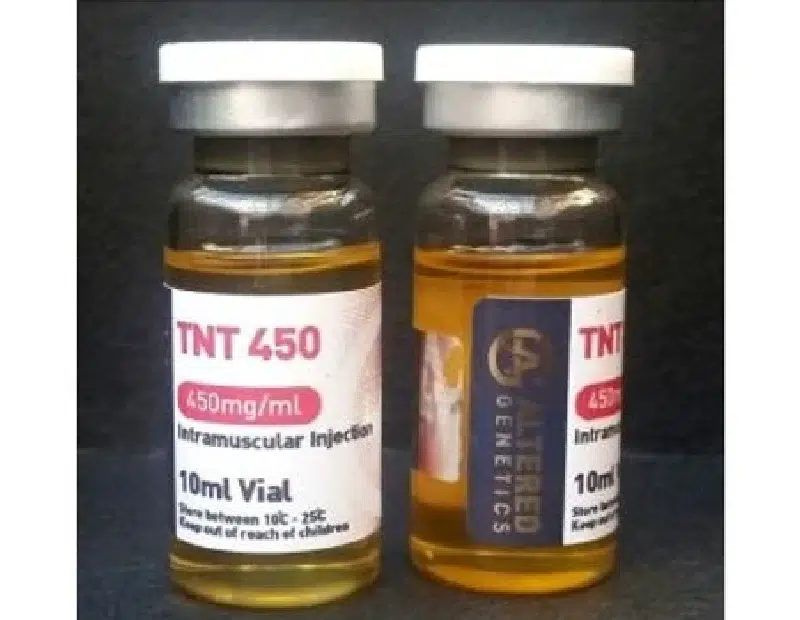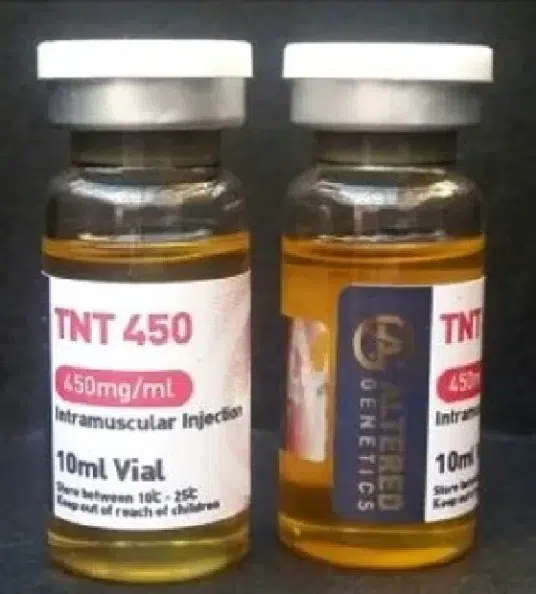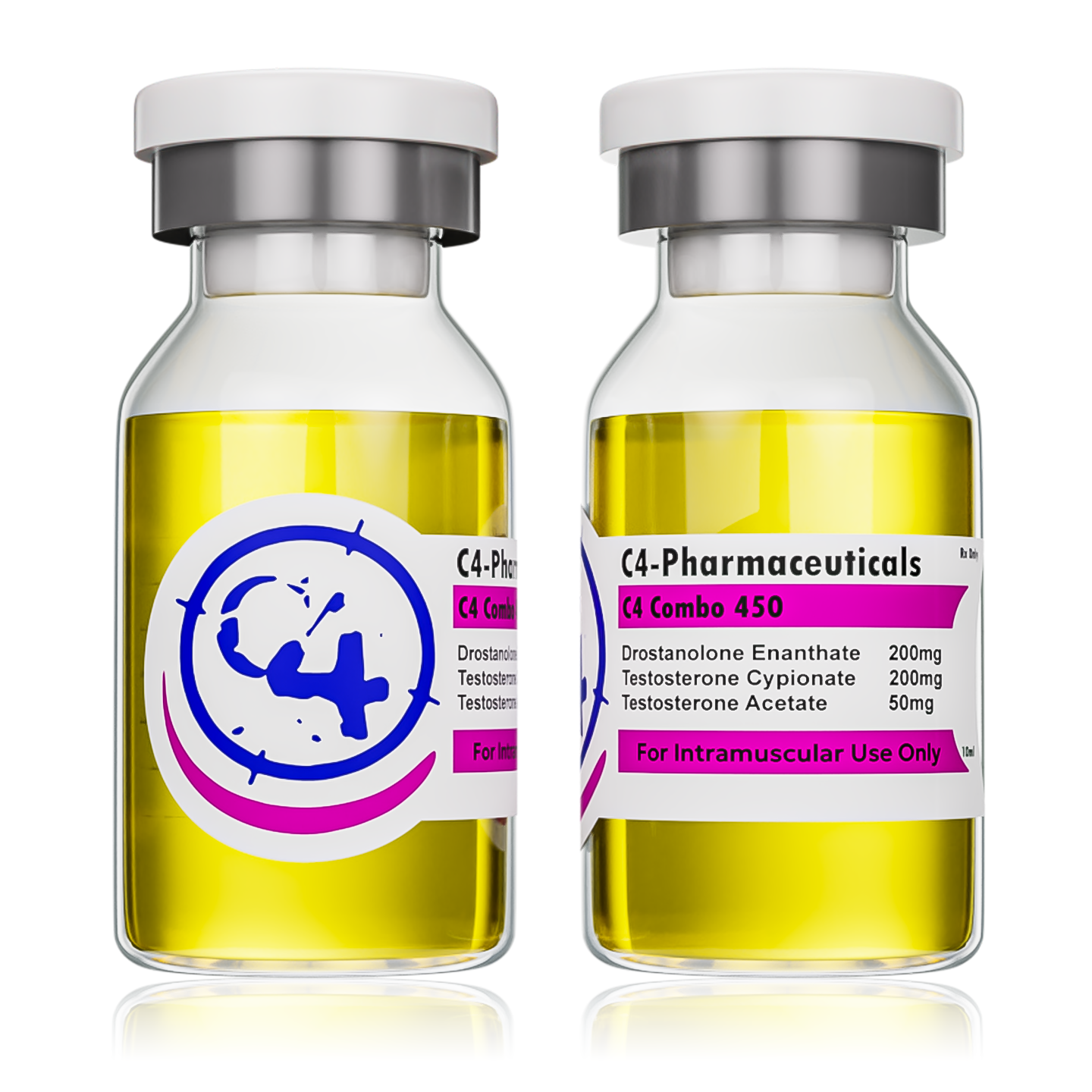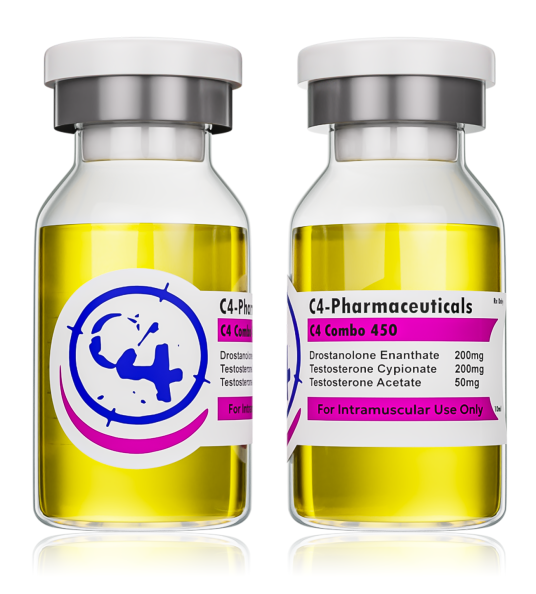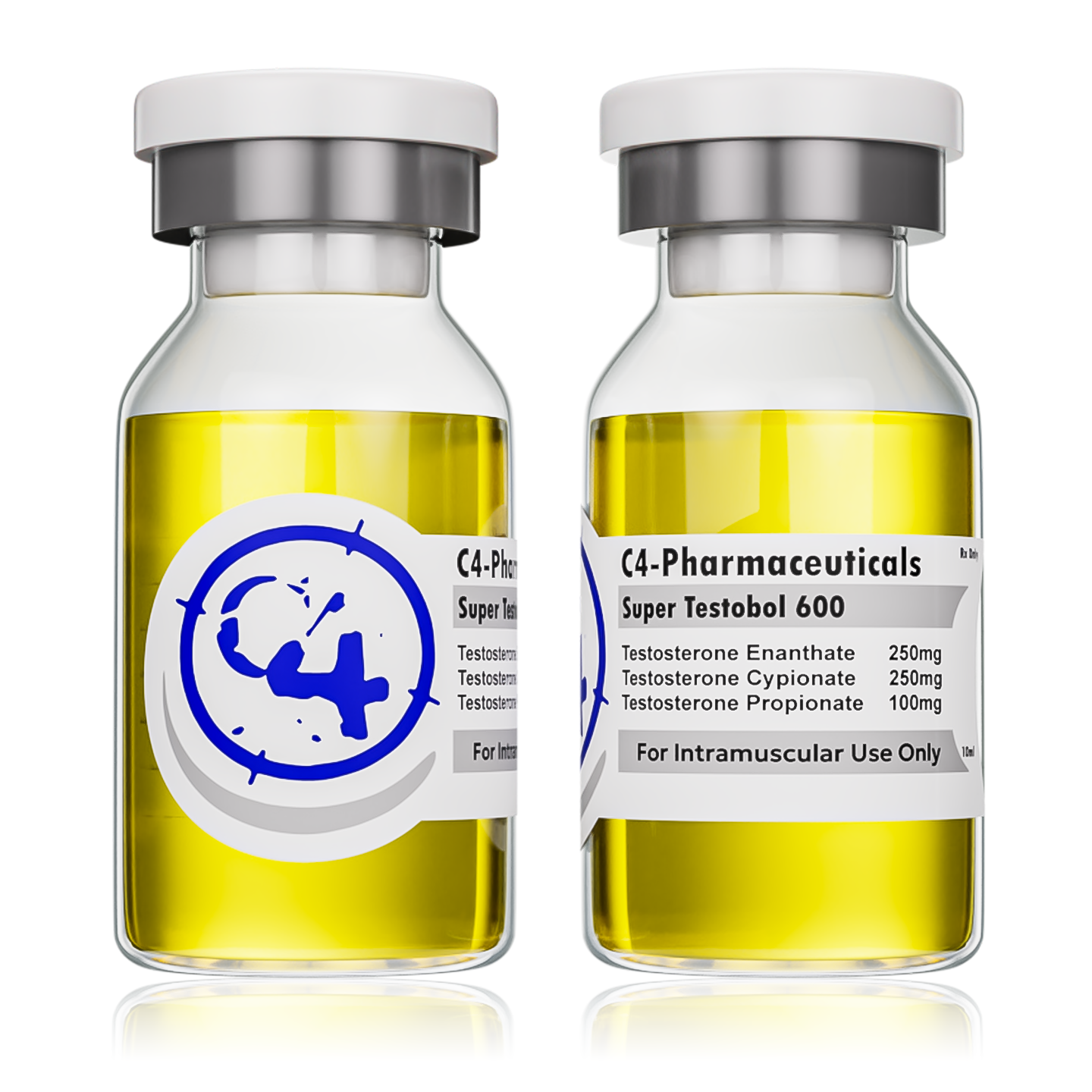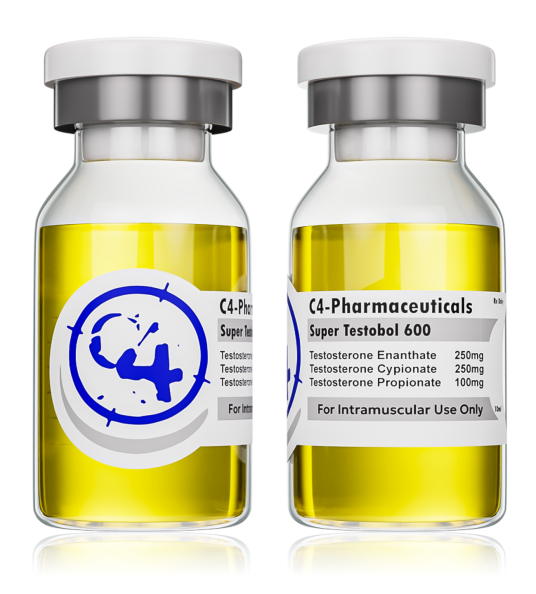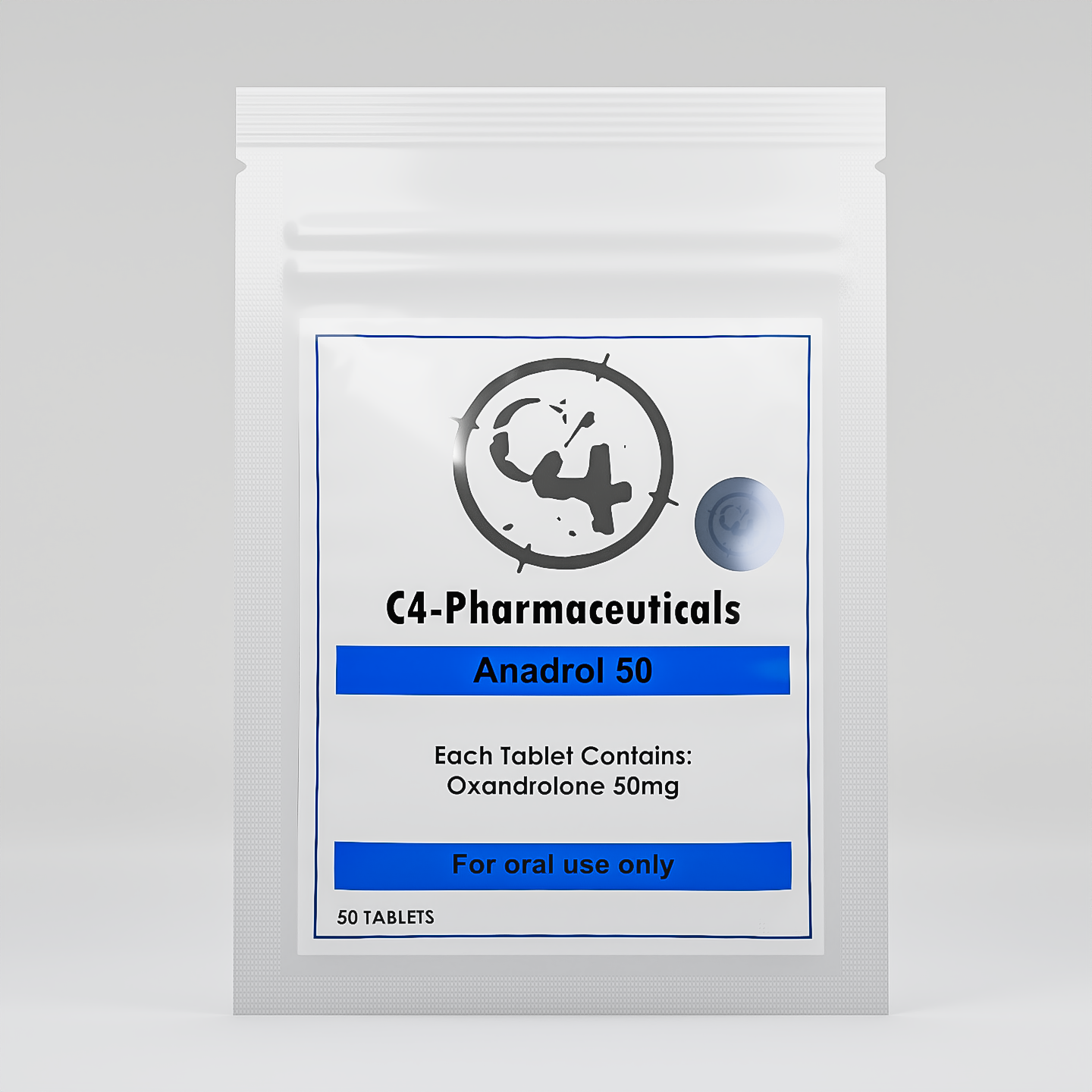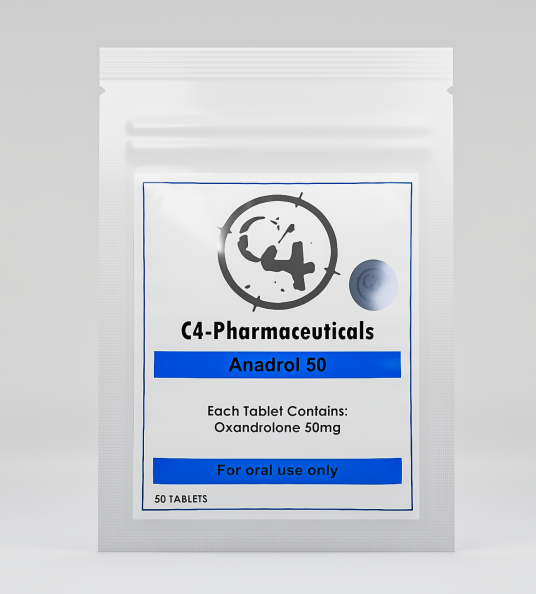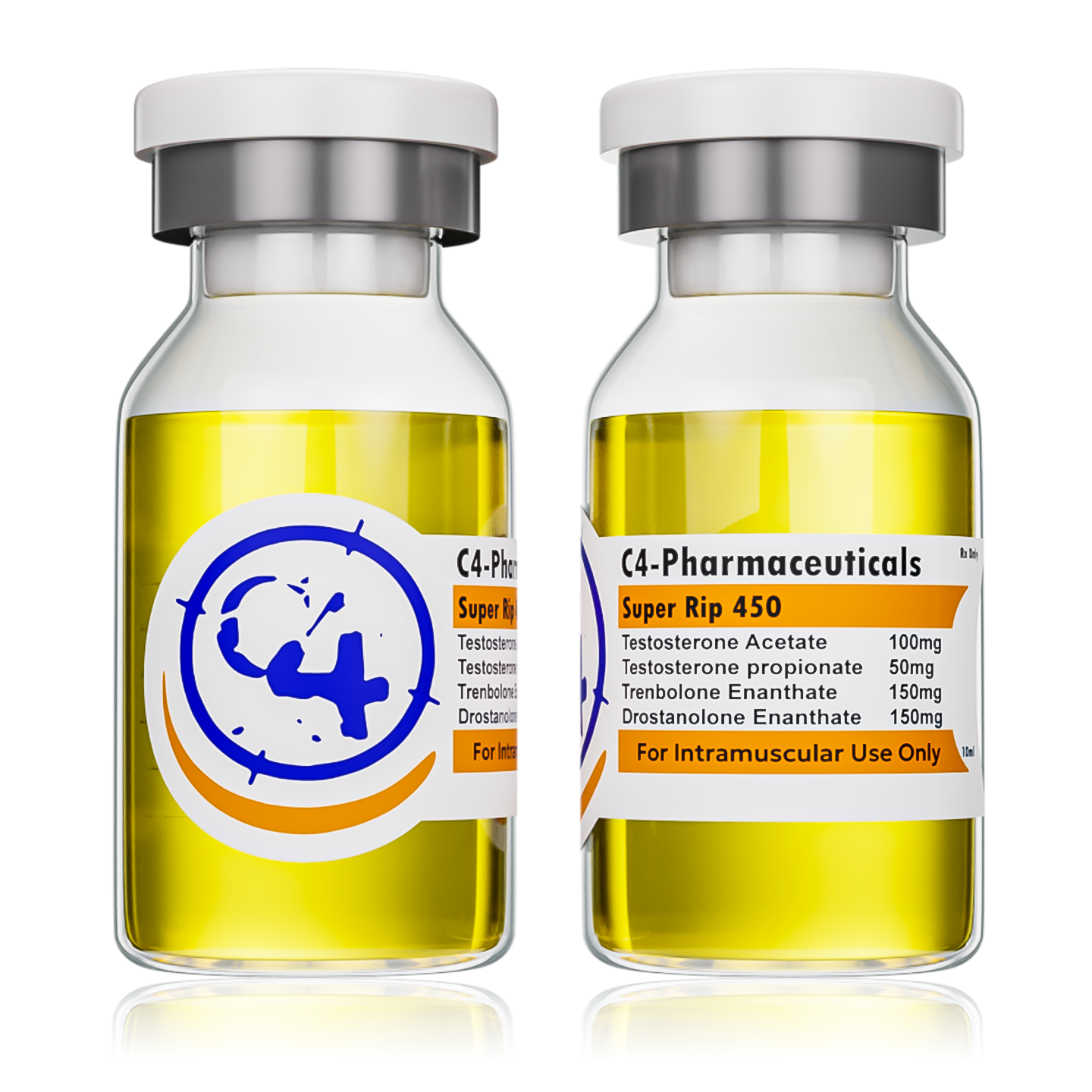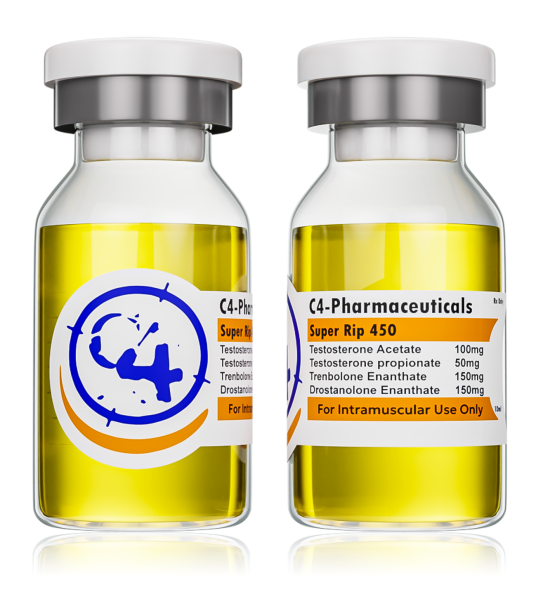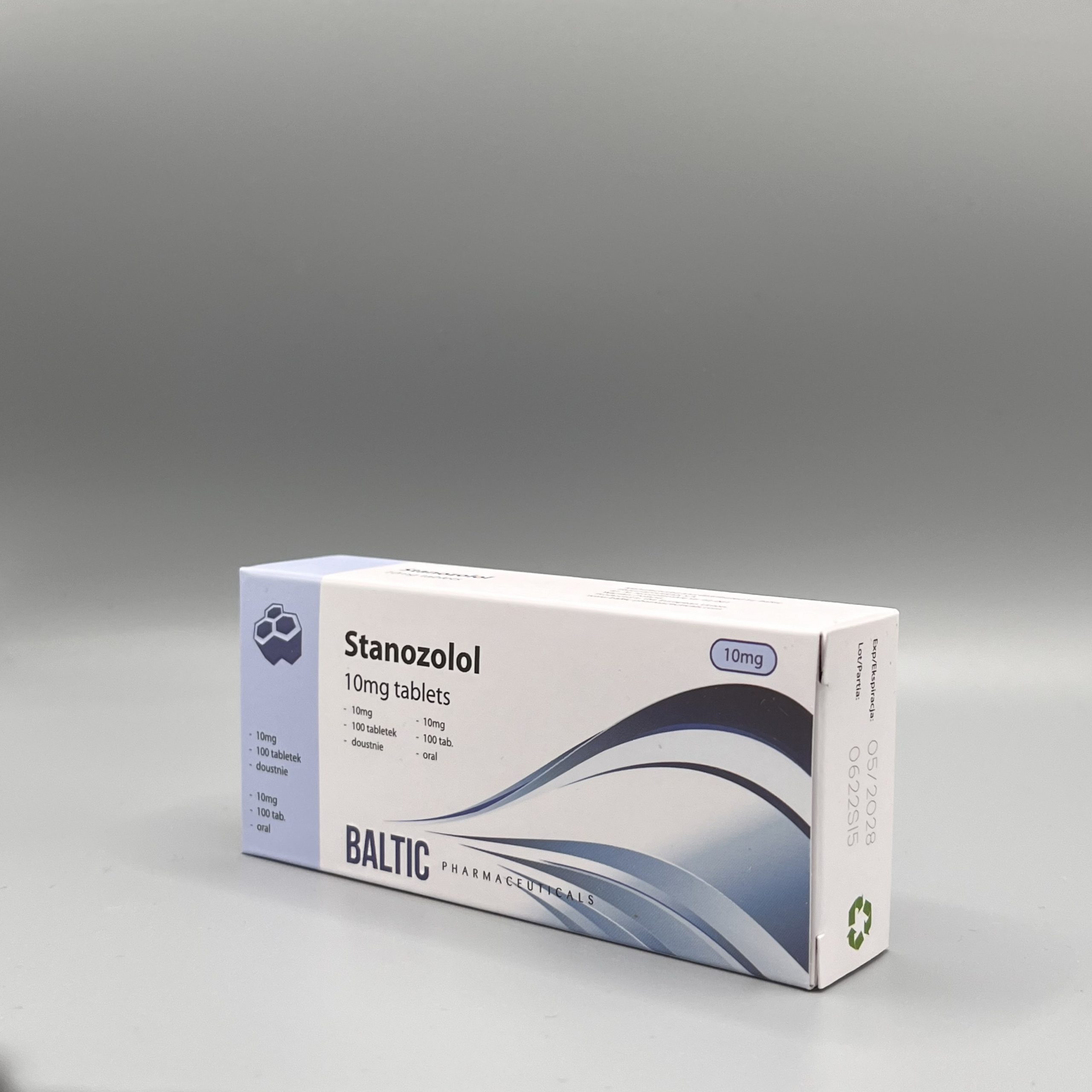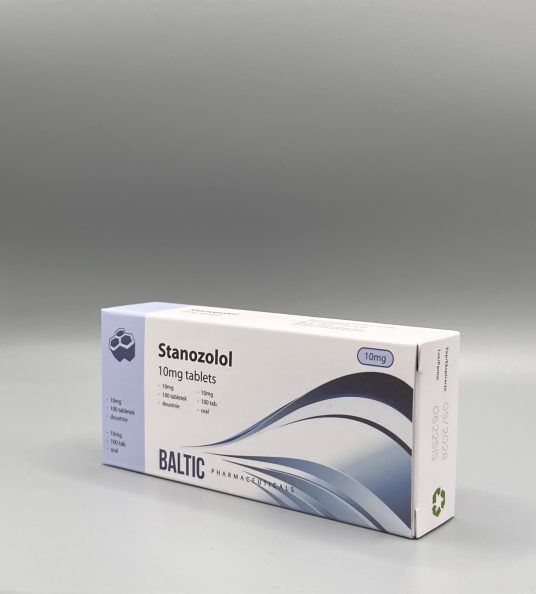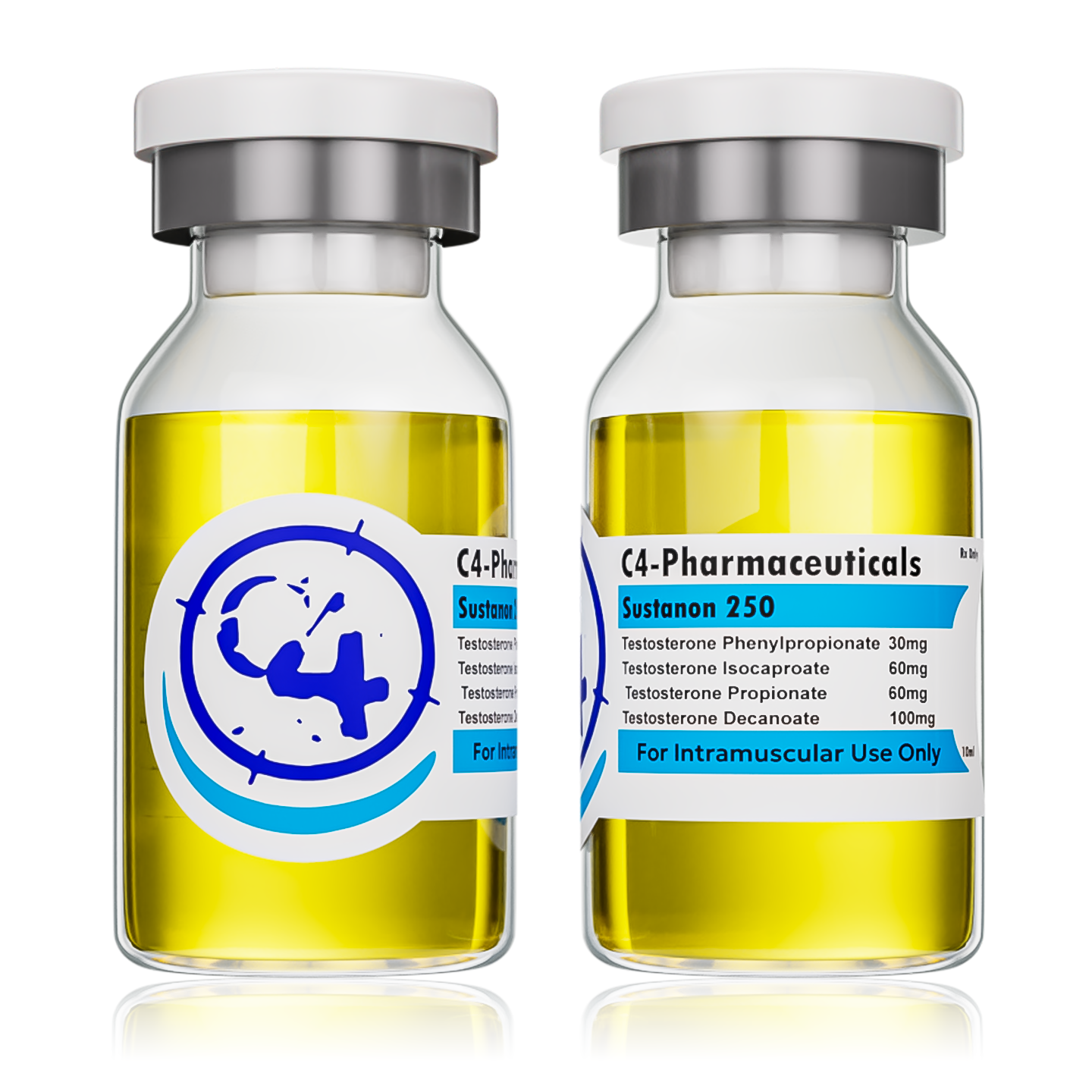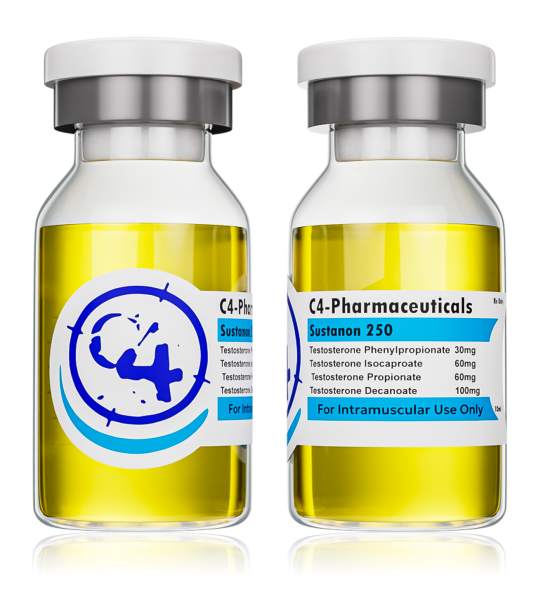Description
Buy Testosterone Enanthate 300mg
Testosterone Enanthate 300mg also known as testosterone heptanoate, is an anabolic and androgenic steroid (AAS) drug used to treat low testosterone levels. Anabolic drugs work by building muscles, while androgenic refers to the enhancement of male sex characteristics.
Used in medical procedures since the 1950s, testosterone enanthate is marketed under numerous brand names, including Androfil, Andropository, Cernos, Delatestryl, Depandro, Durathate, Everone, Sustrone, Testanon, Testanova, Testrin, Testostroval, Testoviron, and Testro.
As a schedule III drug, testosterone enanthate is available by prescription only and is classified as a prohibited substance by the World Anti-Doping Agency.
Indications
Testosterone enanthate is classified as an AAS because it is both a synthetic derivative of testosterone and a testosterone pro-drug, meaning that it stimulates the body to produce testosterone on its own. With that being said, it has stronger androgenic effects and only moderate anabolic effects.
The drug is suitable for testosterone replacement therapy (TRT) in men with hypogonadism (the diminished production of testosterone in the testes). Causes of hypogonadism include testicular injury, infection, and cancer. Radiation and chemotherapy can also cause hypogonadism, as can congenital disorders such as Klinefelter syndrome and diseases of the hypothalamus and pituitary gland (both of which stimulate testosterone production).
Testosterone levels in men can often decline steeply after the age of 50, leading to a condition known as andropause in which vigour and sexual desire are affected. Older men with symptoms of andropause (including fatigue and low libido) will often benefit from TRT.
Testosterone enanthate can also be used for hormone therapy in transgender men, to treat delayed puberty in boys, to ease menopause symptoms, and to manage inoperable metastatic breast cancer (breast cancer that has spread) in postmenopausal women.
Dosage of Testosterone Enanthate
Testosterone enanthate is a clear or yellowish viscous fluid supplied in a 5-milliliter (mL) multi-use glass vial. It is injected intramuscularly into the buttocks every one to four weeks. To avoid the fluctuating hormone levels (and the associated mood swings), lower dosages are often prescribed over shorter intervals.
The active drug, which is suspended in sesame oil, has a sustained release period of two to three weeks. The dosage may vary by individual but is typically prescribed as follows:
Male hypogonadism: 50 to 400 milligrams (mg) every two to four weeks
Delayed male puberty: 5 to 200 mg every two to four weeks for four to six months
Metastatic breast cancer: 200 to 400 mg every two to four weeks
Transgender hormone therapy: 50 to 200 mg per week or 100 to 200 mg every two weeks
While testosterone enanthate is sometimes used interchangeably with testosterone cypionate (depo testosterone), the latter is not approved to treat delayed male puberty, to manage metastatic breast cancer, or for transgender hormone therapy.
Side Effects
As a substance designed to alter hormone levels, Testosterone Enanthate 300mg has both its clear benefits and risks.
The side effects can range from mild to intolerable. The most serious ones are associated with testosterone abuse, an increasing problem in the United States which led the U.S. Food and Drug Administration (FDA) to change the product warning label in 2016.
Common Side Effects
According to the FDA, the most common side effects associated with testosterone enanthate use include:
- Injection site pain and swelling
- Headaches
- Dizziness
- Mood changes, including aggression
- Depression or anxiety
- Increased or decreased libido
- Generalized tingling sensations
- Oily skin and acne
- Thinning hair
- Weight gain
The severity of side effects is typically dose-dependent and may be alleviated by reducing the current dosage.
Adverse Reactions
Less common but potentially more serious are side effects associated with the long-term use or overuse of testosterone enanthate. Some are related to the androgenic effects of the drug; others can affect the heart and liver by elevating the cholesterol and liver enzyme levels.
Call your doctor if you develop any of the following:
- Male-pattern hair loss
- Male-pattern hair growth in women (hirsutism)
- Male breast enlargement (gynecomastia)
- Deepening voice in women
- Menstrual irregularities, (includingamenorrhea)
- Clitoral enlargement
- Prolonged painful erections in men (priapism)
- Difficulty urinating or frequent urination at night in men
- Severe psychiatric symptoms, including major depression, paranoia, or psychosis
Some androgenic effects in women, such as clitoral enlargement and the deepening of the voice, are irreversible once they develop. A low sperm (oligospermia) can impair fertility in men.
The excessive use of testosterone can also increase the risk of a heart attack, stroke, congestive heart failure, and deep vein thrombosis (DVT), especially in men. Severe liver injury can also occur, characterized by symptoms of fatigue, abdominal pain, nausea, vomiting, dark urine, and the yellowing of the eyes and skin (jaundice).
The Risk in Pregnant Women
The use of Testosterone Enanthate 300mg in pregnant women is contraindicated. When administered during pregnancy, testosterone can cause the virilization of a female fetus, a condition known as gestational hyperandrogenism in which male physical characteristics are present in a girl.
Some of the symptoms of virilization may be seen at birth, while others may only become apparent during puberty or later in life. They include:
- An enlarged clitoris and external genitals
- Ovarian cysts, even in childhood
- Excessive body or facial hair
- Larger bone structure
- Smaller breast
- Hair thinning characteristic of male pattern baldness
- Deeper voice
The risk of virilism is higher in mothers who themselves are experiencing virilism as a result of testosterone use.
Testosterone use does not appear to pose any risk to a breastfeeding baby, as the components of the drug are largely metabolized before they reach the bloodstream, breast milk, or other body fluids. Similarly, testosterone use in men does not pose any risk to pregnancy, either during conception or gestation.

